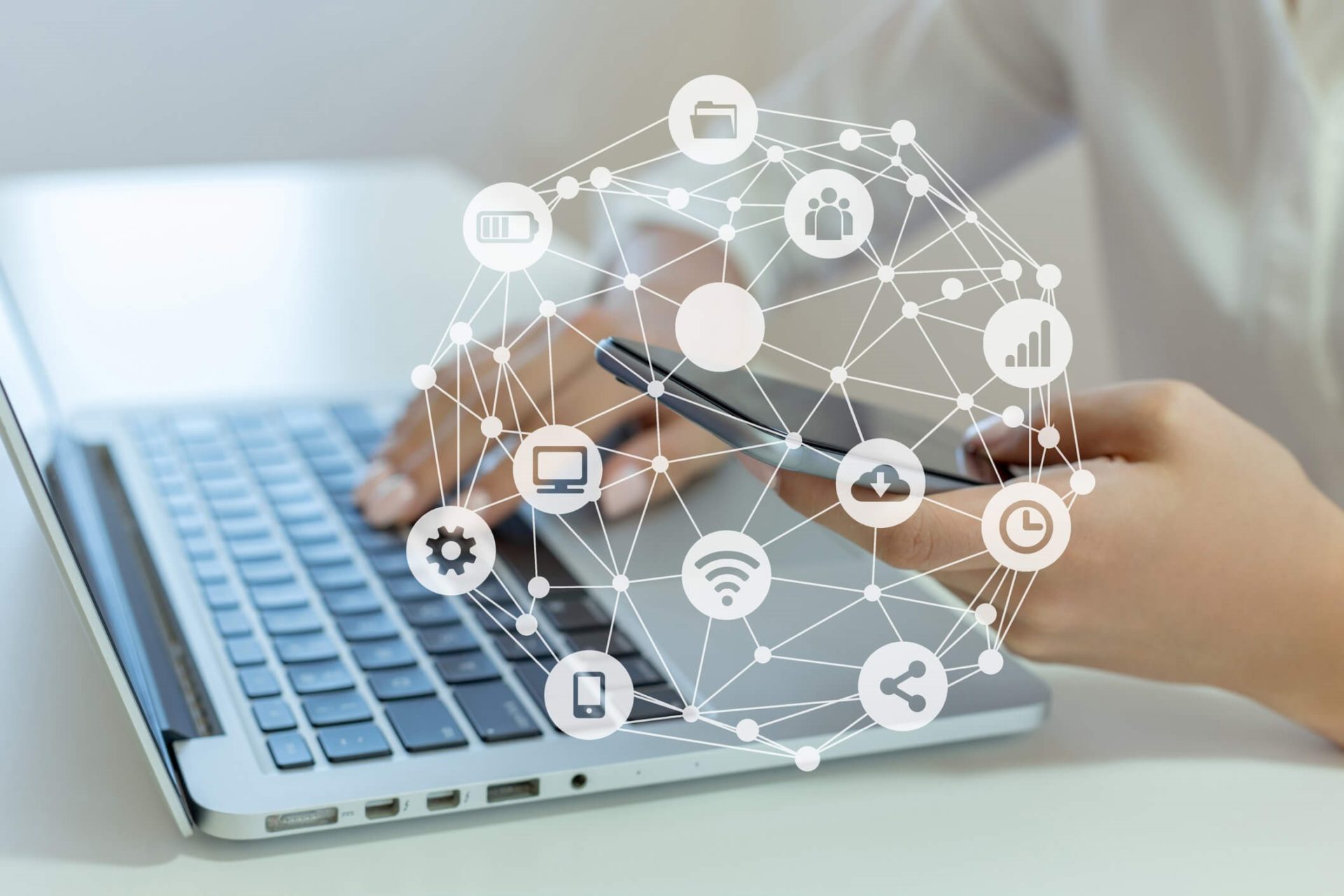The market is concerned about the challenges during the pandemic, and even more about the post-pandemic challenges. The question is, what enterpriser or C-Level who directs the company is not accustomed to huge challenges?
It is a fact that, in the latest decade, we have experienced an intense change movement – on the delivery way, on how businesses are managed, we are tired of referring to LinkedIn when it comes to 4.0 Industry, about how this has changed labor relationships and even entrepreneurship itself, as well as the expectations for a new change over standards with the 5G network coming soon.
It is possible not to despair at this moment when we accept the present scenario as the speeding up of what had already been envisaged, and what smart systems had already been doing in our society.
Various examples can be checked out: we can already buy any item via Internet; we would go to a business center just for convenience to take the product right away, or even for a weekend walk; we have consumed on-demand TV, on-demand radio, and we can connect with a person from anywhere in the planet through a smartphone; distance-education for universities and development courses have already been part of our reality for a few years.
There are those arguing that some activities still need physical contact and human interaction. The answer is: Yes, they do, and they will go on among us, despite having to be put to a stop at this difficult moment of our history.
The challenge now, however, is to keep up with the next step. Companies poorly prepared for process informatization had to do so within very few days; schools had to change their content into online content, the commerce which was performed on streets had to quickly fit into the new reality, and there is no turning back. Finally, new times will come, with new challenges, and what we had envisaged for the next 5 to 10 years has been happening right before our eyes during these fateful weeks.

Internet traffic has increased at unprecedented rates in history, to the extent that streaming service companies had to reduce video quality so there would be no bottlenecks in their networks.
While traditional industry activities have been dramatically reduced – as well as in sectors which will timely resume their normal activities, like tourism – the data industry is booming. Our lives will rely more and more, day after day, on networks, data centers, and online service access.
It is important to point out that – even informatized services need human beings; and that is where remote management has the possibility to go, for example, with management centers (e.g. Data Centers) backed up by (BMS) tools to be remotely supported. The DCIMs that may expedite local service, with fewer people within the sites and bring management outside the Data Center.
However, it is of no avail to gather the best tools in the market if processes do not ensure activities are remotely performed as effectively, it is therefore important to invest in processes and procedures to ensure everything will go on working even if remotely managed.
It is clear that there is no turning back; we will no longer have the same social and market format experienced until 2019; rather, huge challenges will come to fit our lives and our companies into the new outlook coming up; this may be the greatest challenge of our generation of social and entrepreneurial leaders.

